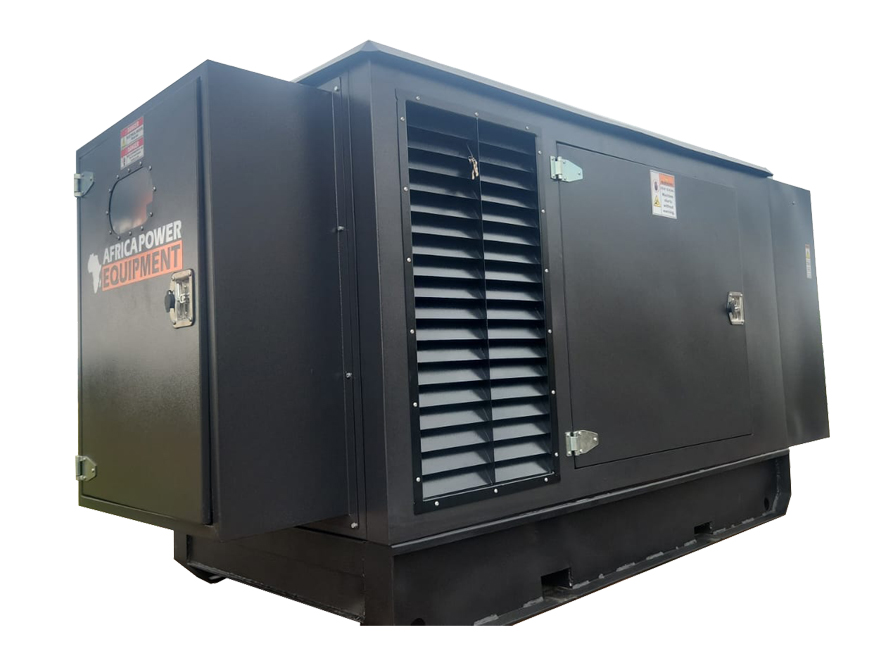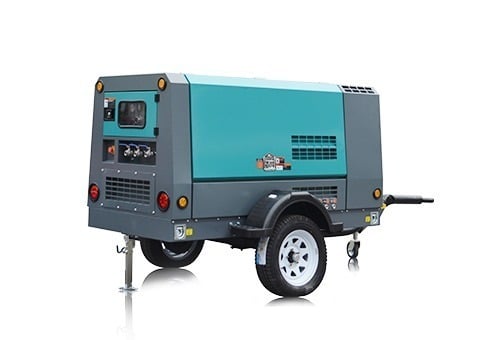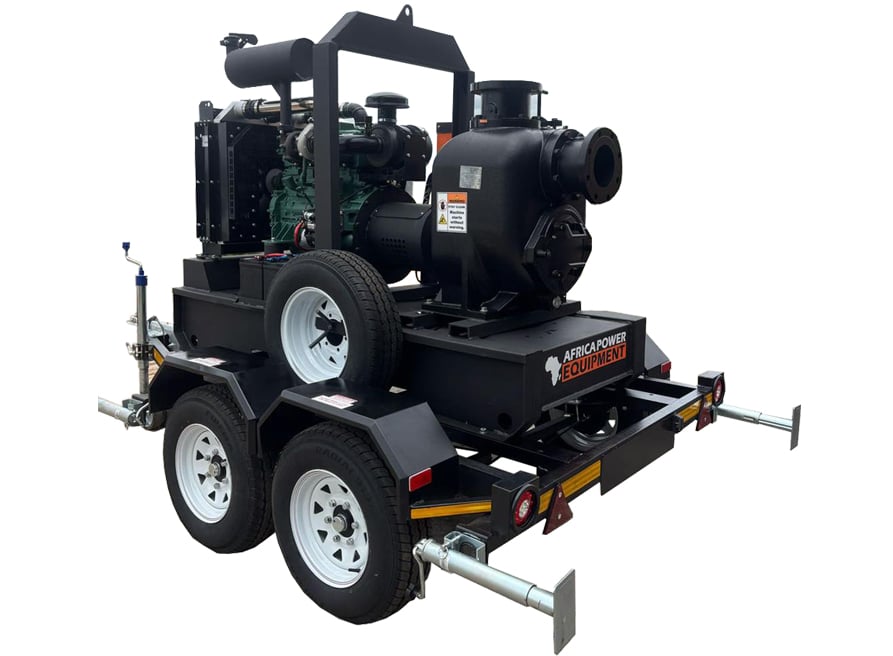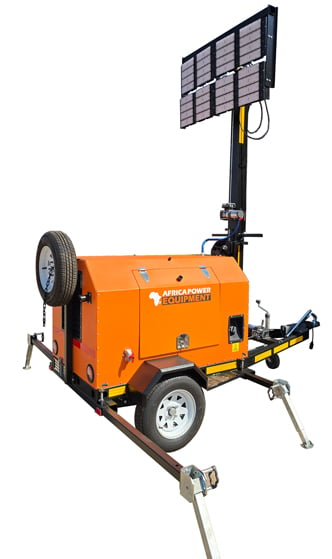How Fuel-Efficient Are Portable Generators? A Guide for South African Homeowners and Contractors
When choosing a generator, fuel efficiency is a major factor — especially in South Africa where petrol and diesel prices continue to rise. Whether for load shedding, construction, camping, or backup power, portable generators offer flexibility. But how much fuel do they really use, and how can you get the most out of each litre?
🔍 Quick Answer:
Portable generators are fuel-efficient, especially newer inverter models, which consume 0.5 to 1.5 litres of fuel per hour depending on size, load, and fuel type. A 2–3 kVA inverter generator can run for up to 8–12 hours on 4–5 litres, making it ideal for home and light commercial use.
1. What Affects Generator Fuel Efficiency?
Several key factors determine how much fuel your portable generator will burn:
| Factor | Impact on Fuel Use |
|---|---|
| Load (% of capacity) | Higher load = more fuel consumption |
| Generator type | Inverter types use up to 40% less fuel |
| Fuel type | Diesel is more efficient than petrol at higher loads |
| Engine size | Larger engines consume more fuel |
| Runtime per tank | Varies by tank size and efficiency |
| Maintenance | Dirty filters or bad plugs increase fuel use |
💡 Tip: Aim to run your generator at 50–75% of its rated load for the best fuel efficiency.
2. Fuel Consumption by Generator Type
| Generator Type | Fuel Type | Fuel Use (L/hour) | Typical Runtime |
|---|---|---|---|
| Inverter (2–3 kVA) | Petrol | 0.4 – 0.8 L/hr | 8–12 hours |
| Standard Open-Frame (5 kVA) | Petrol | 1.0 – 1.5 L/hr | 5–8 hours |
| Diesel Portable (6–8 kVA) | Diesel | 0.8 – 1.2 L/hr | 8–10 hours |
| Dual Fuel (Petrol/LPG) | Petrol/LPG | 0.9 – 1.3 L/hr | 6–10 hours |
🔋 Inverter generators lead the pack in terms of fuel efficiency due to their variable speed engines and clean power output.
3. Portable Generator Efficiency: Use Case Comparison
Residential Load Shedding (Lights, Wi-Fi, Fridge)
-
Inverter Generator (2.5 kVA)
Load: 60%
Fuel Use: ~0.6 L/hr
Runtime (5L tank): ~8 hours
Cost per day (diesel @ R25/L): ~R75/day
Construction Site (Power tools, compressor, lights)
-
Diesel Generator (6.5 kVA)
Load: 75%
Fuel Use: ~1.1 L/hr
Runtime (10L tank): ~9 hours
Cost per day: ~R275/day
🚧 Diesel is better for heavy-duty, long runtime applications. Petrol inverters are ideal for homes and light tasks.
4. How to Improve Fuel Efficiency of Your Generator
✅ Don’t overload it – Running above 80% capacity burns more fuel and shortens engine life
✅ Perform regular maintenance – Clean air filters, replace spark plugs, check oil
✅ Use eco mode (inverters) – Adjusts engine RPM to match load
✅ Turn off unnecessary appliances – Reduce total draw to use less fuel
✅ Choose the right size – Oversized generators burn extra fuel at partial loads
🔧 Bonus Tip: Add a fuel stabiliser if you’re storing fuel long-term to prevent degradation and clogging.
5. Inverter vs Open Frame: Which Is More Efficient?
| Feature | Inverter Generator | Open Frame Generator |
|---|---|---|
| Fuel Efficiency | ⭐⭐⭐⭐ | ⭐⭐ |
| Noise Level | 50–65 dB | 70–100 dB |
| Power Output Quality | Clean, stable | Fluctuates under load |
| Best Use | Homes, electronics | Construction, heavy tools |
| Price | Higher | More affordable |
🧠 Inverters throttle down when power demand is low — unlike open frames that run at full speed constantly.
6. Common Questions About Generator Fuel Efficiency
Q: Which is more fuel-efficient — diesel or petrol generators?
A: Diesel is more fuel-efficient, especially under heavy loads. Petrol is better for smaller, lighter use cases.
Q: Can I make my generator more fuel efficient?
A: Yes — use only what you need, switch off loads when not in use, and keep your generator serviced.
Q: How much does it cost to run a generator per day?
A: Depends on fuel price and consumption. A petrol inverter might cost R75–R100/day for household loads. A diesel unit running tools may cost R250+.
Q: Is a more expensive generator always more efficient?
A: Not always, but higher-end inverter models tend to be more efficient, quieter, and cleaner on power output.
7. Internal Links for Further Reading
Conclusion
Portable generators are impressively fuel-efficient — especially modern inverter or diesel models. Whether you’re running your home during load shedding or powering tools on-site, choosing the right size, type, and operating practices can save you thousands in fuel costs each year.
Need a fuel-efficient portable generator for your home or site?
👉 Browse South Africa’s best range of inverter and diesel portable generators at Africa Power Equipment — built for tough loads and rising fuel costs.





